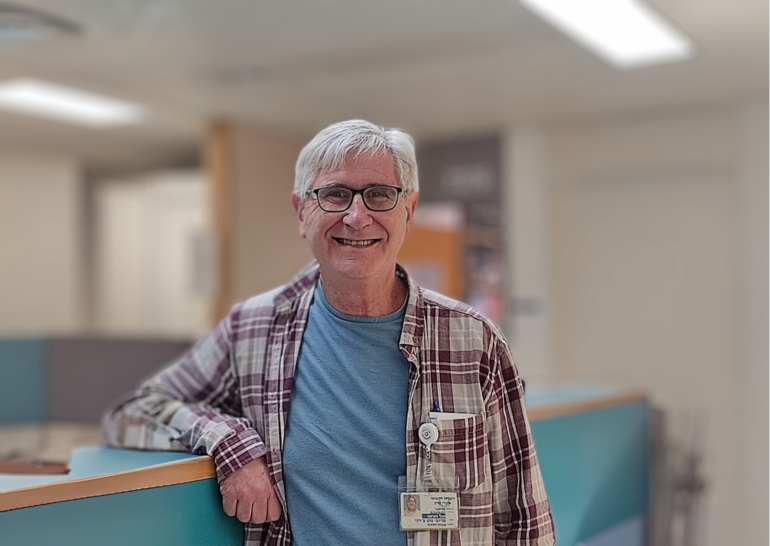COVID-19 vulnerability touches patients with cancer, and although their story has been somewhat written for them, it is arguably almost inexcusable that it has been written without them (Lancet Oncol. 2021: 22, p738-739).
Two major consequences have been seen. Delays in diagnosis and treatment of cancer have been predicted to increase cancer mortality and, following the exclusion or poor inclusion of vulnerable groups in clinical trials of COVID-19 vaccines, we can now only rely on extrapolations and assumptions from trials in the general population.
Clinical trials have abundantly demonstrated that the exclusion of real-life populations from our observations is the root of inequity. However, we make the same mistake of systematically excluding some groups, and now we do not really know who benefits more or who risks less with one or another type of COVID-19 vaccine.
Non-evidence-based assumptions and extrapolations never come without consequences. This is the price of uncertainty in policymaking, and we sometimes forget that it can cost lives.
When the UK decided to postpone the second dose of COVID-19 vaccines for everyone – the increased vulnerability of people with cancer and the urgent need to maximize their protection not being a big deal anymore – they altered the evidence-based schedule of the Pfizer-BioNTech BNT162b2 mRNA vaccine from 3 to 12 weeks for the second dose. UK academic researchers wondered what the consequences of such a decision would be. The answer came with the first study released on COVID-19 and cancer and its key message: do not make assumptions about dosing intervals, do not interpret science for utilitarian purposes (Lancet Oncol 2021; 22: 765–78). After one dose, cancer patients are not sufficiently protected, have insufficient seroconversion (~38%) and do not mount appropriate immune responses. The booster must be given at 3 weeks (~95% seroconversion). And what about non-vulnerable patients? The assumption was probably correct: a 12-week boost can be acceptable for younger people with no concomitant diseases (one shot: 94%; two shots: 100%) who are, notionally, non-priority groups (but may be part of the health workforce).
Now, let’s turn our attention to a different population, the often-neglected patients with cancer in low- and middle-income countries (LMICs). Again, some creative assumptions nurtured the roots of the present inequities, i.e., that LMICs have healthier and younger populations, so they do not experience the same problems with COVID-19 infection as in other geographical areas and, as they are at latitudes with more favorable climates, the virus dries and disappears in the sunny lands. Unfortunately, these assumptions are so untrue. The burden of non-communicable diseases (NCDs) (i.e., the basis of COVID-19 vulnerability) is a major cause of morbidity, disability, and mortality in LMICs, where 77% of the world NCD-related mortality occurs. Also, we often forget that climate change is a key cause of zoonotic pandemics. Finally, there is little understanding of the interaction between COVID-19 and health systems in LMICs, where the lack of health infrastructure and workforce drives the disastrous consequences of the pandemic and worsens poverty.
So, how did assumptions impact on the world? Well, it was just implicitly OK to prioritize wealthier countries with vaccine delivery: first-me (I can afford), then-you (I can donate) based on perceived priorities. The poorest countries have been left behind with only 0.2% of the total vaccine provision received so far. Let me say that there has been a lot of commitment, with no diplomatic barriers in joining global actions such as World Health Organisation (WHO) COVAX. But good intentions for equitable actions are (historically) impeded by the conflicting interests of ‘my’ and ‘your’ benefits, further complicated by residual colonial attitudes (BMJ 2021;372:n73).
The COVID-19 and Cancer Global Taskforce reported that many countries still do not have a clear strategy or resources to facilitate COVID-19 vaccination, even to priority groups (Lancet Oncol 2021; 22: 749–751). It is shocking to learn that none of the poorest countries surveyed by the Taskforce have started a vaccination rollout – mostly, in the sub-Saharan area. The absence of access to vaccines is the major rate-limiting step for many patients with cancer in LMICs.
What are the problems now? Gaps in knowledge arising from systematic exclusion from clinical trials are seriously affecting patients with cancer: our Holy Grail is now based on (often small) observational retrospective cohorts of safety and immunogenicity. Then, assumptions derived from correlative analyses and rough extrapolations undermine our understanding of the dynamics of the pandemic, including infection control in LMICs – once again, left behind. Perhaps, we still miss a global health mindset: in tackling global public health problems such as pandemics, global solutions must be found that include uprooting the foundations of inequities. The worst outcomes of pandemics are rooted in inequities in healthcare, and the most vulnerable population groups, such as patients with cancer, are the worst affected of all.





